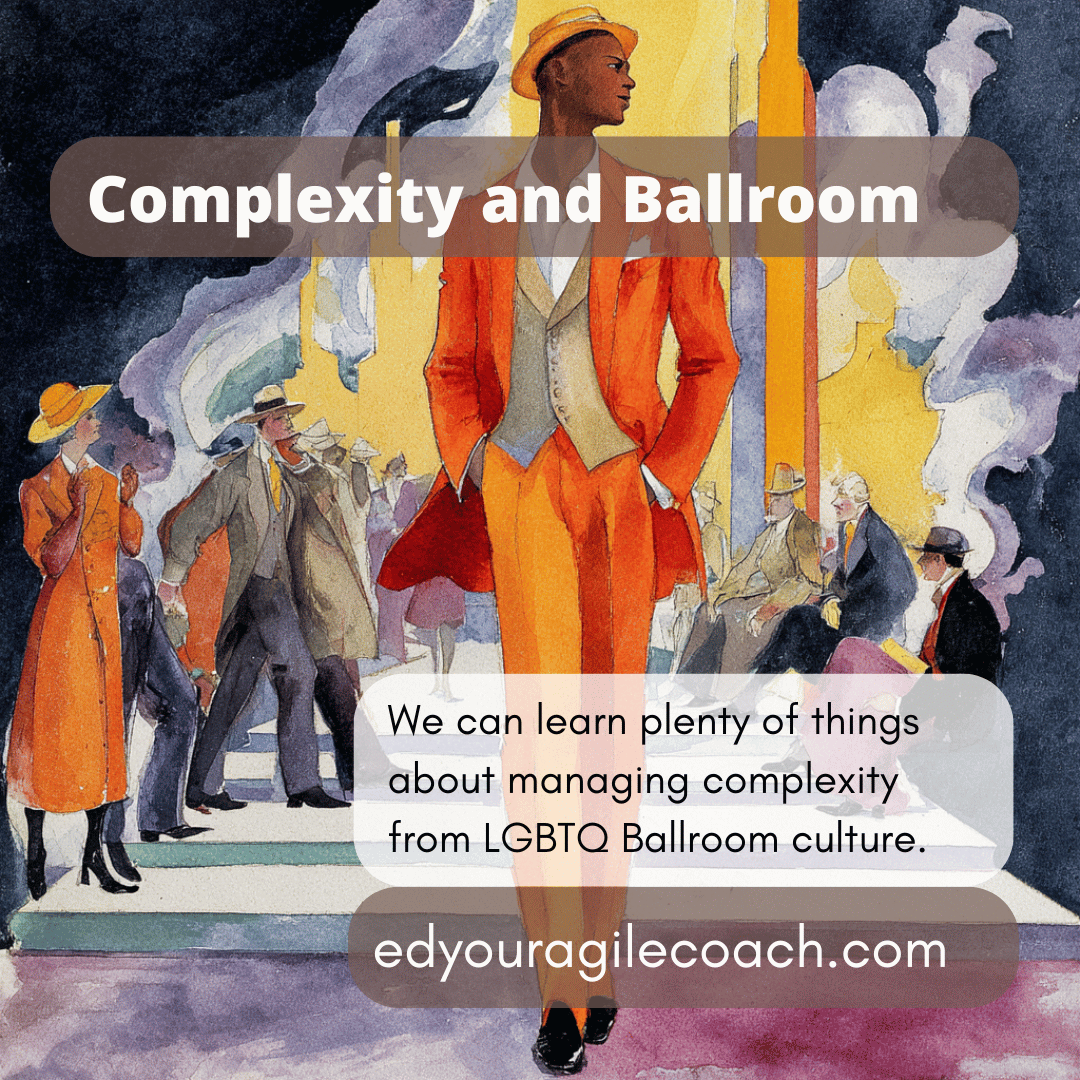Looking Ahead to 2024

The evening becomes a spectacle of ribald revelry as the time counts to midnight on New Year's Eve. It is not uncommon to see people in fancy dress and silly hats celebrating in decadent fashion. Everyone enjoys a great party, but the freewheeling nature of the evening reflects two contradictory currents in the human experience. First, we seek to forget the hardship and pain we experienced in the previous year. Each drink is like a symbolic sip from the river Lethe popularized in Greek mythology, where the dead would go to drink and forget their past lives. It is also a form of toasting to the new year's possibilities. Each part aims to help us shrug off the disappointment of the past and look forward with hope to the fresh new year.
I love getting dressed up and going out for New Year, but this year, I am staying home to enjoy a low-priced evening with family and friends. I do not need silly hats and dress clothes to have the correct mixture of hope and forgetfulness to commemorate the passing of time.
I approach the New Year with more hope than forgetfulness, and I like to predict technology from the perspective of someone who gets his hands dirty in the profession. Without any further ado, I have my expectations for 2024 for you here.
Your New digital partners –
Suppose 2023 is the year of Artificial Intelligence. In that case, 2024 will be the year of digital partnership where business people will work with Artificial Intelligence tools to make business more streamlined. We are seeing this from Microsoft's Github CoPilot, which is making source control management smoother and helping developers become better at what they do. I also see Google's Gemini tool as a helpful editorial assistant for writers everywhere.
These assistants will partner with business people to remove much of the tedious and repetitive work from the office. Like the photocopy machine lowered the number of typists in the business world, AI and digital partnerships will shift the work to more creative efforts. For instance, since I discovered Midjourney this year, the quality of my presentations has improved significantly. I do not need to hunt for clip art or royalty-free images. I can create the exact look and feel I need in a presentation using software prompts.
The need for digital partners and configuring these new systems will also change the job market as we shift to collaborations with Large Language Models and Artificial Intelligence. Not only will the demand for technology increase, but we will need those professionals to weigh the ethical and professional risks of using that technology. Liberal Arts graduates should rush to fill in this void, and I recommend they take the Google AI fundamentals course to receive professional certification in that area.
The Office Tug of War –
Office work has never been glamorous, but the revolution created by social isolation and an uncertain dance with death three years ago created a faultline in the business world. On one side of the faultline are the managers who think they do things the old way and coerce people to return to the office by threatening job security and promotion opportunities. The other side is workers who have decided they can do their jobs from anywhere, but working from home gives them more flexibility and control. It is heresy for managers accustomed to micromanagement and treating the office like their personal kingdom.
Expensive real estate for corporate campuses and office buildings provides a severe financial risk to businesses that invest in Instagram-worthy working spaces instead of those that deliver value to the organization. Thus, people counting the money in the organization realize that an empty office is an example of waste that needs to be eliminated or mitigated. Forcing people to come into the office seems cheaper than taking a loss in a real estate deal.
It is why we will see the rise of coffee badging, where employees go into the office to check in with a manager or colleagues and then go home to do productive work without the hassles of being in the office. It makes managers look small and petty, enforcing back-to-work policies and reinforcing that executives are oblivious to their workers' needs and suggestions. I expect this tug-of-war to become more intense in 2024.
Election 2024 worse than 2016 –
The last twelve years of national politics have been coarse and vulgar since a controversial reality television show star and real estate developer came down an escalator and announced his candidacy for president. I do not blame the forty-fifth president for this state of affairs. He certainly is not making matters better while he hogs the national spotlight. Instead, I suspect he is a symptom of significant American body politic trends.
The first is a severe economic disconnect between geographic areas of the country. The majority of the nation's counties that voted with the democratic candidate in 2020 represented 71% of the share of GDP. The remainder voted for the GOP candidate. The population's even distribution across these two divergent economic models challenges achieving a clear consensus. Gridlock becomes the default mode of governance. America's poorer and less populated sections want a piece of that wealth. For them, American carnage is absolute.
Next, David Brooks mentioned in passing on PBS that a growing section of the population sees an increasing elite of people separated by education and wealth. These elite are good at looking after themselves rather than the nation overall. It further exacerbates resentment as "pointy-headed intellectuals" and "snooty rich people" dominate public life and are tone-deaf to "real" Americans.
Demographic changes also impact body politics. We are becoming more diverse as a nation in those counties which make up 71% of GDP, and that scares the remainder of the country because they are afraid of being left behind and having their religious and cultural values ignored. I am also familiar with numerous discussions in person and online where people are fearful of retribution as communities that were subject to prejudice become majorities and begin exercising political power. The fear, rational or not, is people who do not look or worship like they do will have control over their lives.
Finally, the attention economy of modern media and politics does not reward quite a leadership doing the hard work of governance; it instead nourishes glory hounds, cranks, and con artists. The postmodern fragmentation of media means that these toxic individuals receive more attention than they deserve. Eventually, they act like crabgrass at a golf course, choking out other voices and people from the conversation.
Together, the resentment caused by the economic disconnect between portions of the country, educational and wealth disparity causing cultural resentment, demographic changes creating fear and resentment in shrinking communities, and a media environment that amplifies the most toxic voices means the election of 2024 will be on par with the slugfest between Andrew Jackson and John Quincy Adams in 1828. The GOP candidate will accuse the incumbent of being a traitor to real America and being in the pocket of educational and wealthy elites. I am afraid there will be violence and unrest similar to the riots of January 6th, 2021, unless the results are profoundly lopsided. A long and ugly election awaits us in 2024.
Quick hits –
I am not very optimistic about the Chicago White Sox in 2024. The franchise needs another rebuilding project. I am looking forward to the new Dune film in March. Move over, ripped jeans. Women are about to channel their inner garbage can for the hottest new fashion. The "trashy but chic" look will be all over the news.
Finally, I will be here with a more informed opinion about business, agility, and software development.
I look forward to you joining me, but I will enjoy a drink now.
Happy New Year, until next time.
David Johansen after the New York Dolls and before Buster Poindexter.




Comments ()